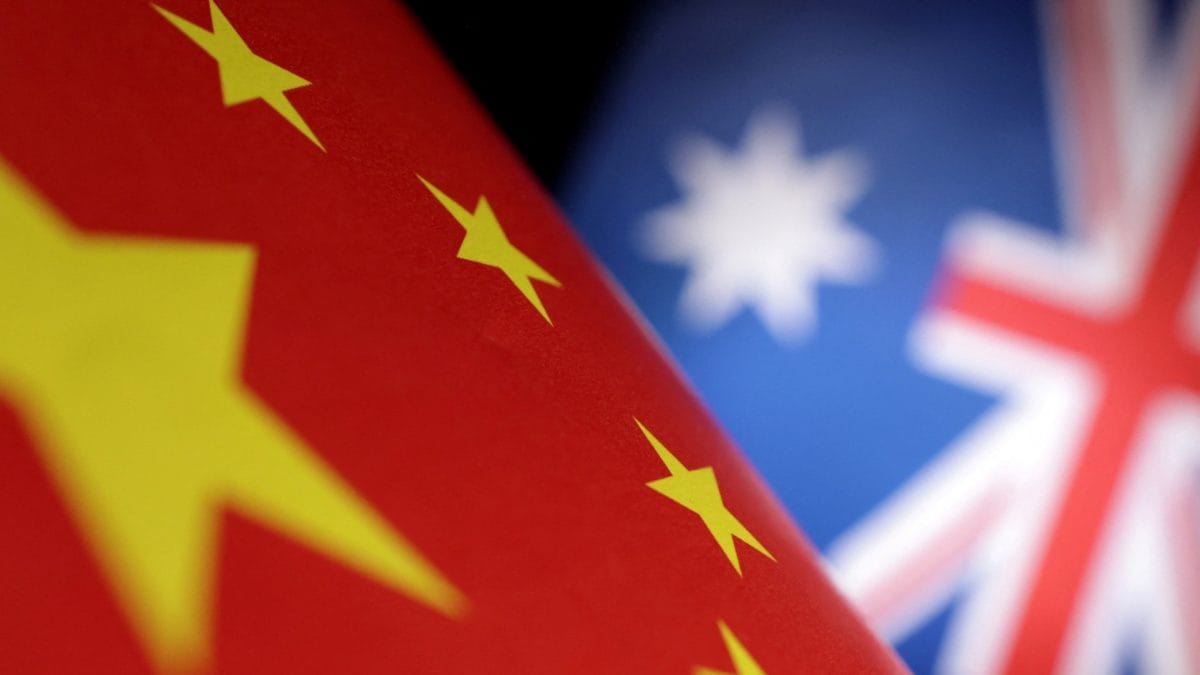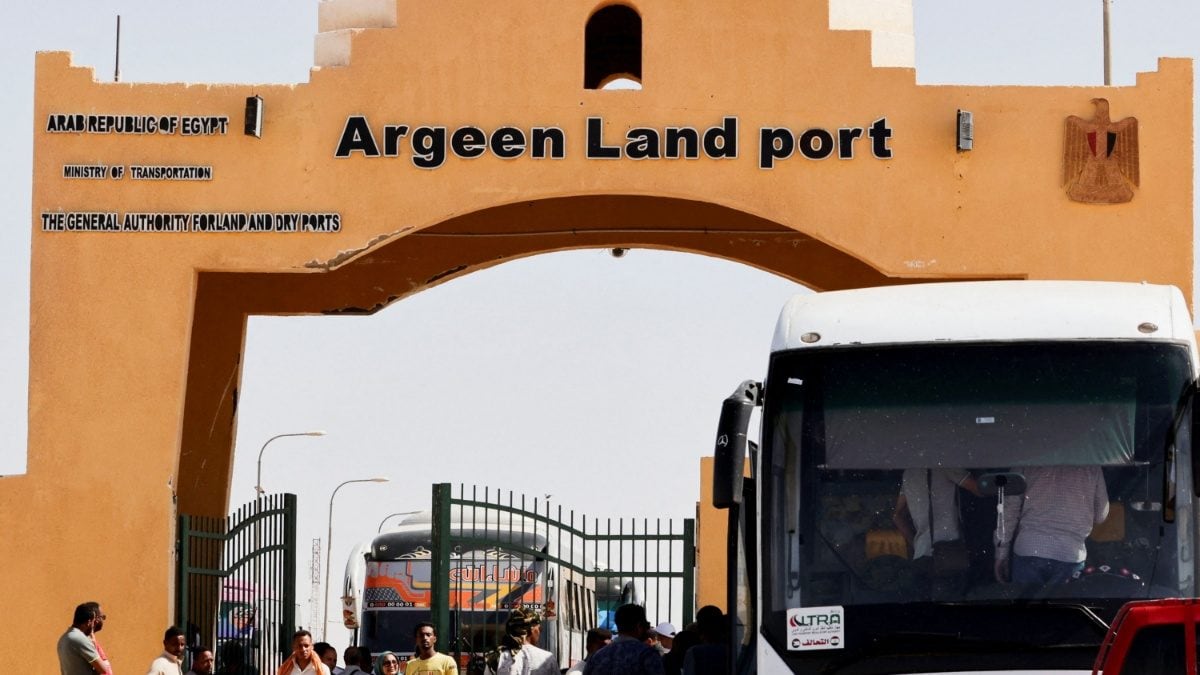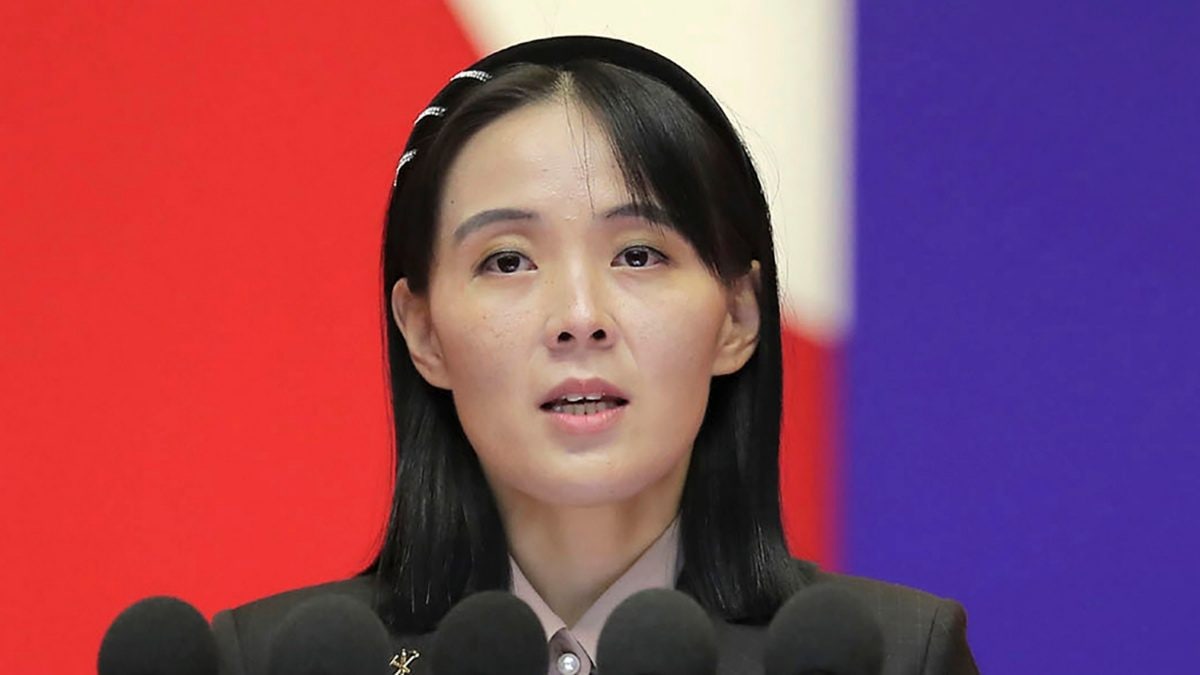More than three years after China first blocked a range of Australian imports in a political dispute, restrictions are easing but reviving trade is proving harder than stopping it in the first place.
A leaders’ meeting late last year sparked a thaw in relations that saw China ease restrictions on coal in January. But three months later, in March, coal imports were still a third of the 2016-2019 average.
Bureaucratic inertia meant word took weeks to filter through Chinese customs officials, traders say, who had to visit eight government departments to sort through permits. As of February, Australia was still not in the import licensing computer system, buyers say.
The economy has also deteriorated. Australian miners have found new customers in the meantime and no longer offer preferential prices on coking coal. Meanwhile, cheaper imports from Russia and Mongolia have taken market share in China.
“These things take time, there is no magic wand to get everything back to normal, it will be a slow process over several months,” said David Olsson, chairman of the Australia China Business Council.
Relations between China and Australia first soured in 2017 when Canberra expressed concern over China’s militarization of disputed islands in the South China Sea and introduced laws criminalizing foreign interference considered as if targeting Beijing.
After Australia called for an investigation into the origins of COVID-19, China responded with trade restrictions in 2020 that strangled around A$17 billion of Australian imports from charcoal to wood.
The slow recovery in coal trade suggests that reviving markets, logistics and expectations of greased trade in restricted commodities could take months or even years.
Overall, however, Australian exports to China surged despite restrictions, to A$175 billion last year from A$149 billion in 2019, largely driven by a trade in mineral ore. booming iron, too vital for Chinese steel mills to risk disrupting.
The centre-left Labor government has made restoring unrestricted trade a priority and ending restrictions on coal was a quick victory. Foreign Minister Penny Wong visited Beijing in December and the Minister of Commerce is expected to make the same trip within weeks.
Last month, the countries agreed to resolve a World Trade Organization dispute over Chinese barley tariffs within three months. Australia’s trade minister is confident wine tariffs will follow.
One problem is the potential shortage of Australian customs officers who certify shipments for export. Many left when the now-restricted log trade disappeared overnight, said Frank Rudkiewicz, who is an “authorized officer” (AO) certified by the Department of Agriculture to inspect export shipments.
“There was so much guaranteed work and then overnight it all fell apart,” he said.
He was recently flown to Townsville from South Australia, about 1,800 kilometers north, to certify a shipment of grain as no one else was available.
Reuters spoke to three customs officers in three states. All shortages mentioned. One in Tasmania blamed the “widespread” problems on government approvals which took up to 15 months, up from six months previously.
The Ministry of Agriculture said in a statement that it was not aware of any significant change in the number of AOs. The average time from application to appointment is at least 3 to 6 months and unchanged since 2011, the department added.
A NEW POLITICAL CLIMATE
Officials and exporters say competition, a desire to retain new markets and mistrust over the longevity of the diplomatic thaw will make a quick return to pre-restriction trade levels unlikely.
“Chinese coal traders no longer see much incentive to sign long-term contracts,” a China-based coal trader said, citing high inventories and “the potential risk of the relationship turning sour again.” .
In Australia, several wine, timber and meat producers told Reuters they would not prioritize China over new customers.
“It would be short sighted to lose the new businesses we have created,” said David Foote, chairman of Cattle Australia.
Producers who have beaten a path back to China will also face competitors who have had more than two years to make inroads.
Australian wine exports are unlikely to return to pre-dispute levels soon due to entrenched French and Chilean competitors, said Lee Mclean, director of Australian Grape & Wine.
Moreover, even as it works towards economic rapprochement, Australia has made it clear that unrestricted trade is not a signal to return to China at the expense of other markets.
And tensions between the two countries remain. Australia blocked a Chinese investment in rare earths in February on national security grounds.
Foreign Secretary Wong urged exporters to diversify even as she announced the deal on barley tariffs.
“We never want to find ourselves in a situation where we are so completely dependent on one market,” Commerce Minister Don Farrell said on Monday.
Read all the latest news here
(This story has not been edited by News18 staff and is published from a syndicated news agency feed)











